Determining the goal of building a green economy, a circular economy, and an environmentally friendly economy in line with the Government's National Strategy on Green Growth for the 2021-2030 period, with a vision to 2050, as the leading commercial bank in the field of "Agriculture", with nearly 70% of outstanding loans in the agricultural and rural sector, Agribank has been focusing resources, prioritizing capital for projects that create added value, clean energy projects, high-tech agricultural projects, etc.
Prioritizing the development of green projects
Vietnam is one of the six countries in the world most affected by climate change. In recent years, we have been suffering from many impacts of natural disasters and climate change, clearly manifested in many areas such as: water resources, agriculture and rural development, transportation, urban development and housing, tourism, public health, gender equality and children, trade, energy, industry... These problems occur in most areas, from coastal areas, plains to mountainous areas.
Since 2017, the National Action Plan for implementation until 2030 on the sustainable development program has been issued with the goal of maintaining sustainable economic growth along with progress, social equity and protection of the ecological environment, effective management and use of resources, proactive response to climate change... On September 25, 2020, the Government issued Resolution No. 136/NQ-CP on sustainable development to promote the implementation of sustainable development goals in sectors, levels and localities.
On October 1, 2021, the Prime Minister issued a Decision approving the National Strategy on Green Growth for the 2021-2030 period, with a vision to 2050, with the general goal: Green growth contributes to promoting economic restructuring associated with growth model innovation, aiming to achieve economic prosperity, environmental sustainability and social equity; towards a green, carbon-neutral economy and contributing to the goal of limiting global temperature rise.
Then, in November 2021, at the 2021 United Nations Climate Change Conference (COP26), for the first time, Vietnam made a commitment to develop and implement measures to reduce greenhouse gas emissions using its own resources, along with the cooperation and support of the international community, especially developed countries, both in terms of finance and technology transfer, including implementing mechanisms under the Paris Agreement, to achieve net emissions of "0" by 2050. Vietnam committed to reducing methane emissions by 30% by 2030; at the same time, calling on all rich and developed countries to share, support and help developing and poor countries in improving institutions; training human resources associated with innovation; arranging appropriate and effective green finance; sharing green technology; national governance to implement methane reduction.
 Investing in green projects is an inevitable trend for green growth and fighting climate change.
Investing in green projects is an inevitable trend for green growth and fighting climate change.
Identifying the development of green projects as one of the important links in the sustainable development chain and supporting emission reduction, accordingly, current production and business activities require meeting green criteria, transforming operations to reduce negative impacts on the environment and creating sustainable values. Projects that meet these criteria are important carbon credits, a "passport" to bring Vietnamese export goods to international markets. This is an opportunity to promote businesses to make important changes in development, improve processes, use green materials, and optimize waste management.
Along with the transformation of production and business enterprises, banks must also orient to build green financial criteria with priority financial mechanisms, contributing to the reduction of climate change impacts, solving environmental challenges, contributing to realizing the Government's goals of green growth and responding to climate change.
Grasping the Government's orientation and goals on green growth, in credit activities, Agribank prioritizes funding for green projects, aiming to build a green economy, a circular economy, and an environmentally friendly one. Based on the direction of the Government, the Prime Minister, the State Bank, and the system of policy documents and laws on green credit, Agribank has implemented Resolution No. 54/NQ-CP dated April 12, 2022 of the Government, including regulations on green credit and green banking to promote bank credit capital into low-carbon production and consumption industries. Over the past years, Agribank has been focusing on prioritizing capital sources, effectively expanding lending to projects and programs for production and business development, especially programs and projects that create added value, clean energy, and high-tech agriculture, such as: Improving the quality and safety of agricultural products and developing biogas programs; Coastal resources projects for sustainable development; Disaster risk management; Supporting low-carbon agriculture; Providing clean water and rural sanitation in the Red River Delta; Wind power; Bringing credit capital into the fight against drought and salinity in the Mekong Delta and the Central and Central Highlands provinces...
Agribank actively implements sustainable development solutions
Agribank is effectively implementing 7 policy credit programs and lending under 2 national target programs in agriculture and rural areas, which are new rural construction and sustainable poverty reduction. As a leading commercial bank in the field of "Tam Nong", with nearly 70% of outstanding loans in the agricultural - rural sector, to carry out the green development process, in line with business orientation, customer segments, target markets as well as capacity and strengths, Agribank always improves mechanisms, processes and has options for customers to access the green financial system such as: lending through lending groups, lending in the form of mobile vehicles. In particular, mobile transaction points are one of Agribank's new initiatives approved by the State Bank to bring capital to remote areas.
 Mobile vehicles are an initiative of Agribank to help people in rural and remote areas access the green financial system.
Mobile vehicles are an initiative of Agribank to help people in rural and remote areas access the green financial system.
Agribank has also promptly implemented a preferential credit program with a minimum scale of VND50,000 billion and no capital limit for "clean agricultural" production for public health since 2016 with loan interest rates reduced from 0.5%/year to 1.5%/year.
In the period of 2018-2020, Agribank's green credit balance grew rapidly up to 350%/year. After this period, due to the impact of macro factors such as the Covid-19 pandemic, escalating tensions between Russia - Ukraine and Western countries, economic recession of major economies in the world affecting the Vietnamese economy... the growth rate of outstanding loans decreased slightly, but remained quite stable in terms of loan value and number of customers.
In the first 6 months of 2023, Agribank's green credit balance has grown to the same level as in 2022. Although the balance is large, the number of customers meeting Agribank's green credit standards is always the highest, about 43,000 customers. In particular, Agribank has strongly developed green credit balance in the fields of forestry, renewable energy, clean energy, and green agriculture. Agribank's outstanding loans for green fields such as sustainable forestry, renewable energy, clean energy, and green agriculture have grown steadily over the years. To date, Agribank's loan turnover for clean agriculture and high-tech agriculture has reached over VND 25,000 billion, accounting for 50% of the total investment capital for this field. From Agribank's capital, many large-scale agricultural production models applying high technology have been and are being formed in all regions of the country, such as flower growing models (Lam Dong), large-scale fields (Can Tho), tra fish (An Giang), pig farming (Ha Nam), sugarcane (Khanh Hoa), corn (Son La)... bringing positive changes to the face of Vietnamese agriculture and rural areas.
 Agribank prioritizes capital for clean agricultural and high-tech agricultural projects.
Agribank prioritizes capital for clean agricultural and high-tech agricultural projects.
In the process of realizing the development strategy, Agribank has also developed a set of ESG policies (Environmental and social risk management policy in credit granting activities; Green finance framework and social finance framework, ESG policies in bank operations, etc.); identified specific goals and developed a short-term and long-term implementation roadmap to create a favorable environment for the development of green credit, green banking and attracting green and sustainable international capital sources; perfected the organizational model and functions and tasks of a number of related units in implementing ESG.
Implementing the National Strategy on Green Growth for the period 2021-2030 with a vision to 2050, with the key role in providing capital and financial services to the agricultural and rural areas, determined to take the lead in implementing the Government's policies and directions on promoting green credit growth, managing environmental and social risks in credit granting activities, Agribank is striving to promote green credit and carry out practical activities, contributing to building safe agriculture, developing a sustainable economy, realizing Vietnam's commitment to join hands with the international community to address urgent global challenges of climate change.
Phuong Lien


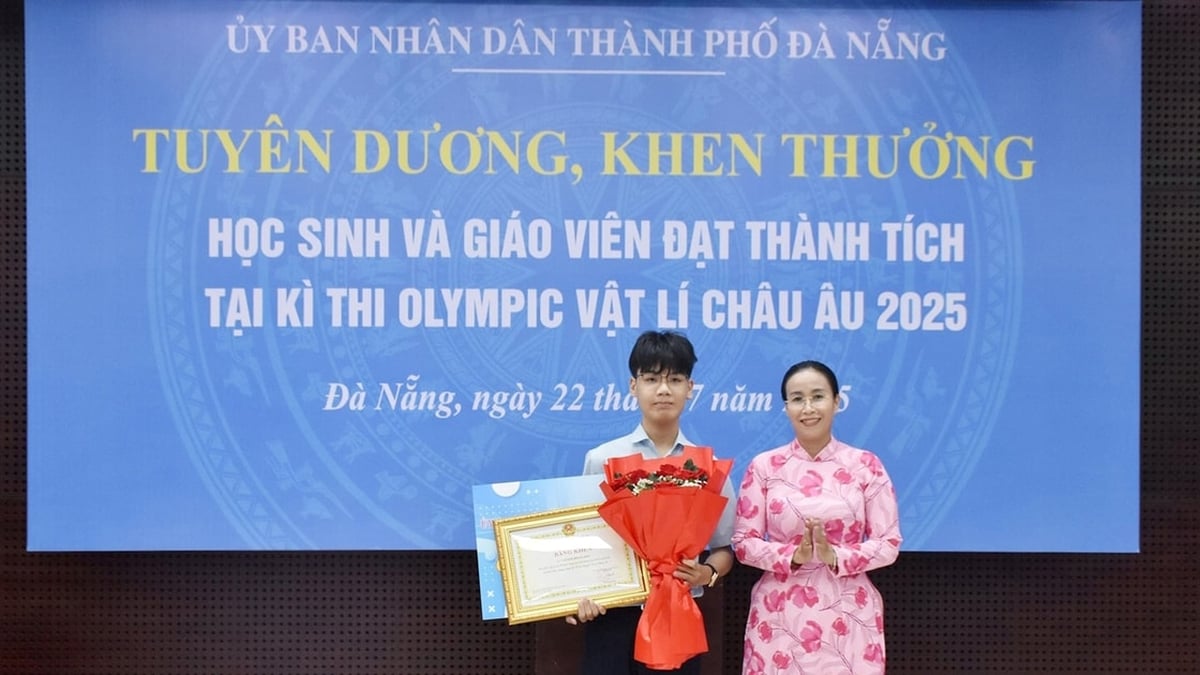
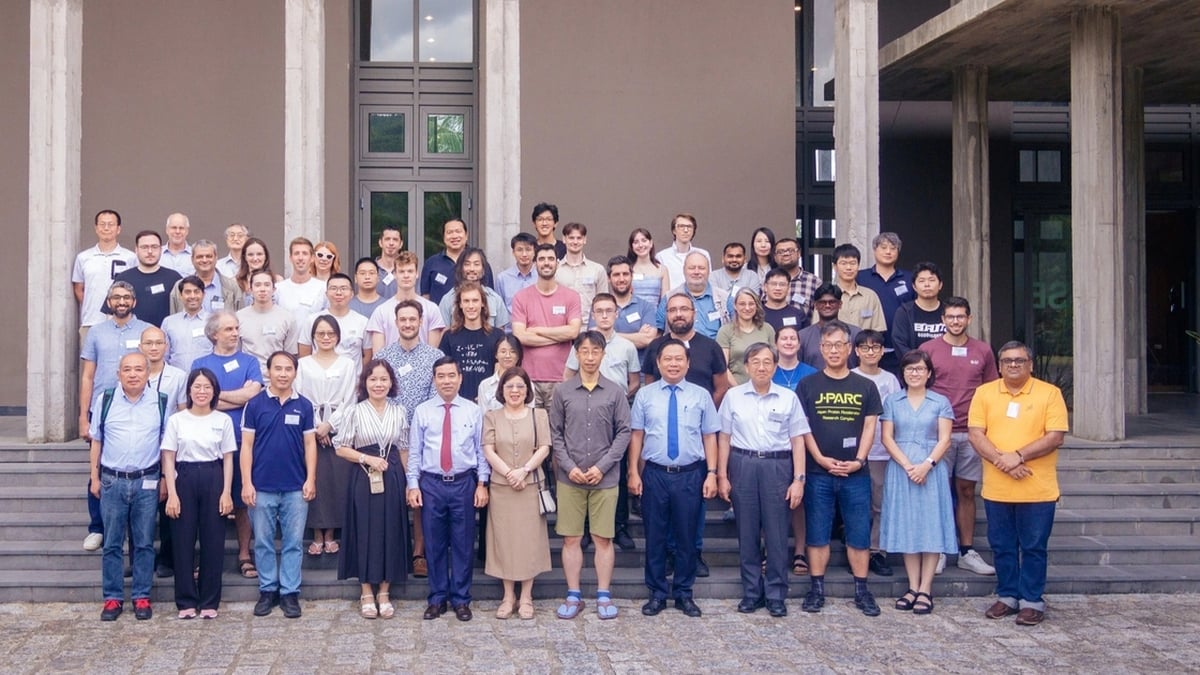
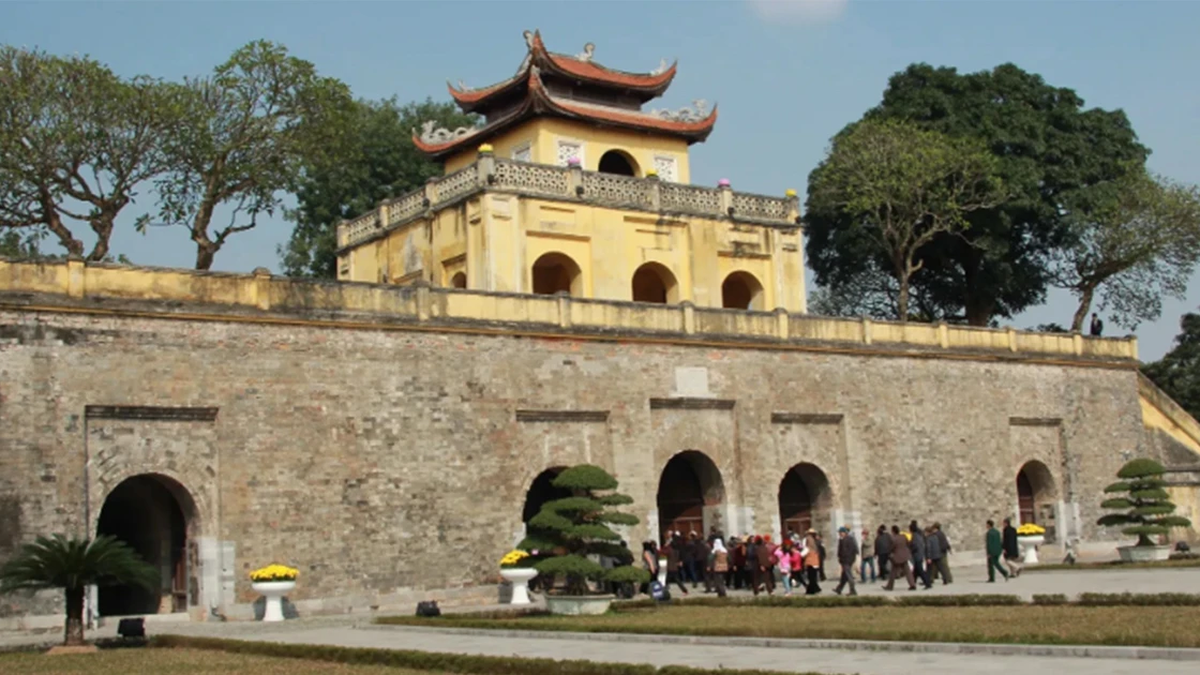
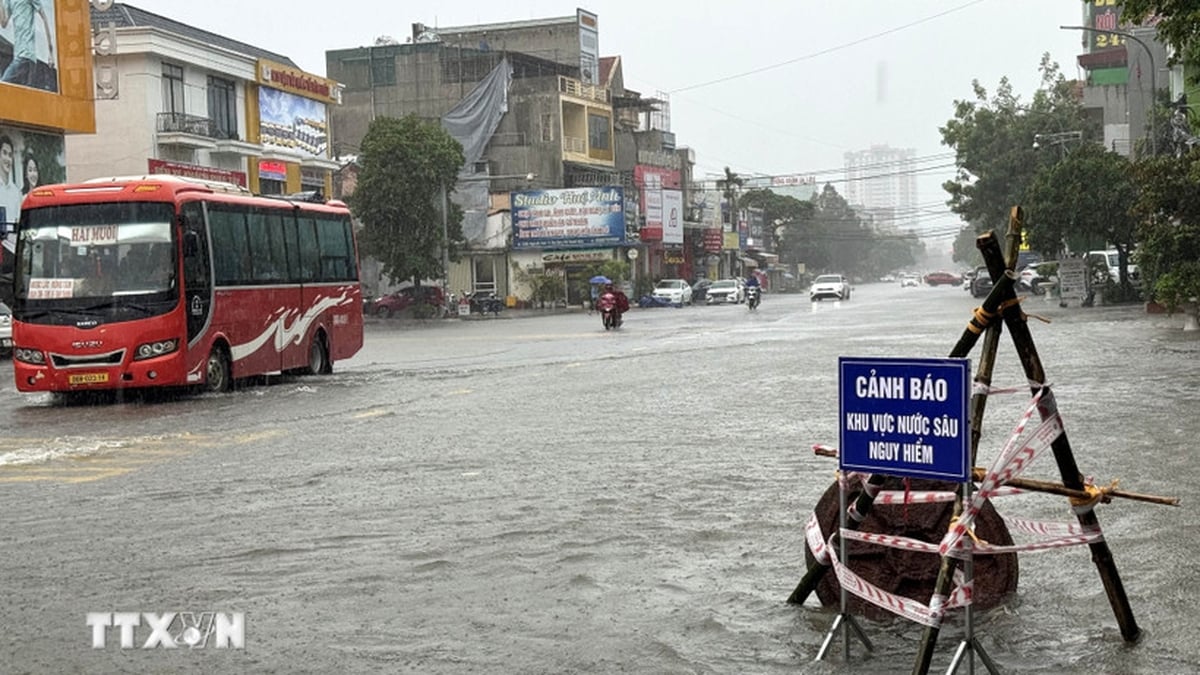
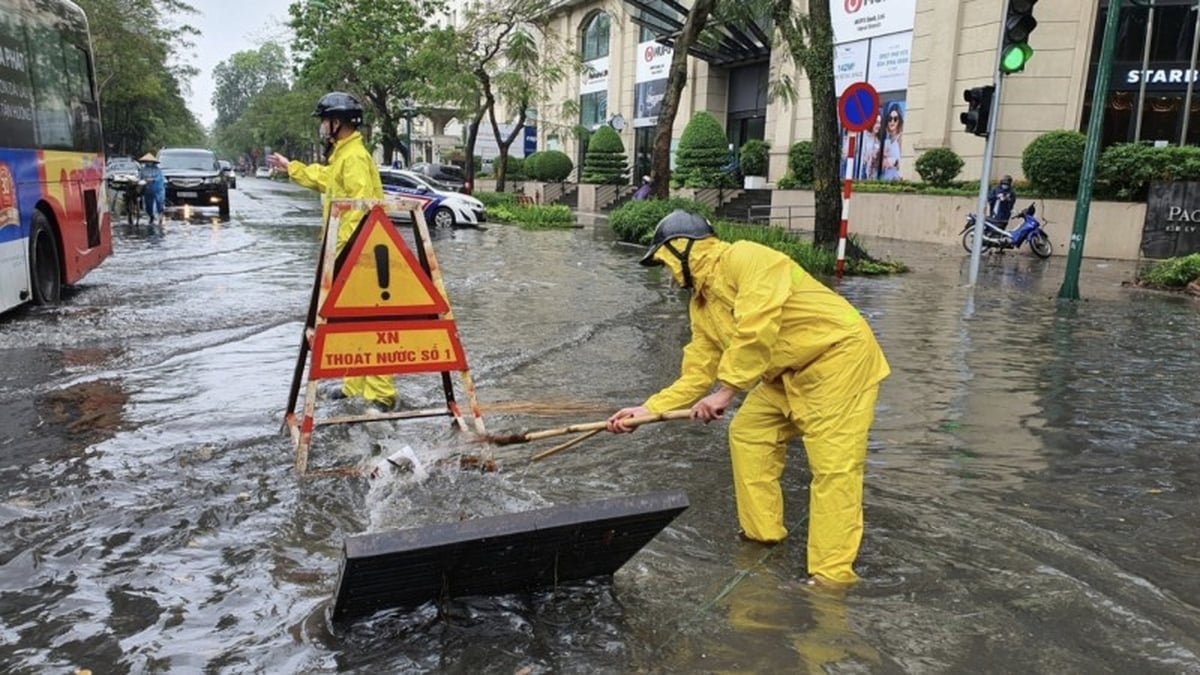

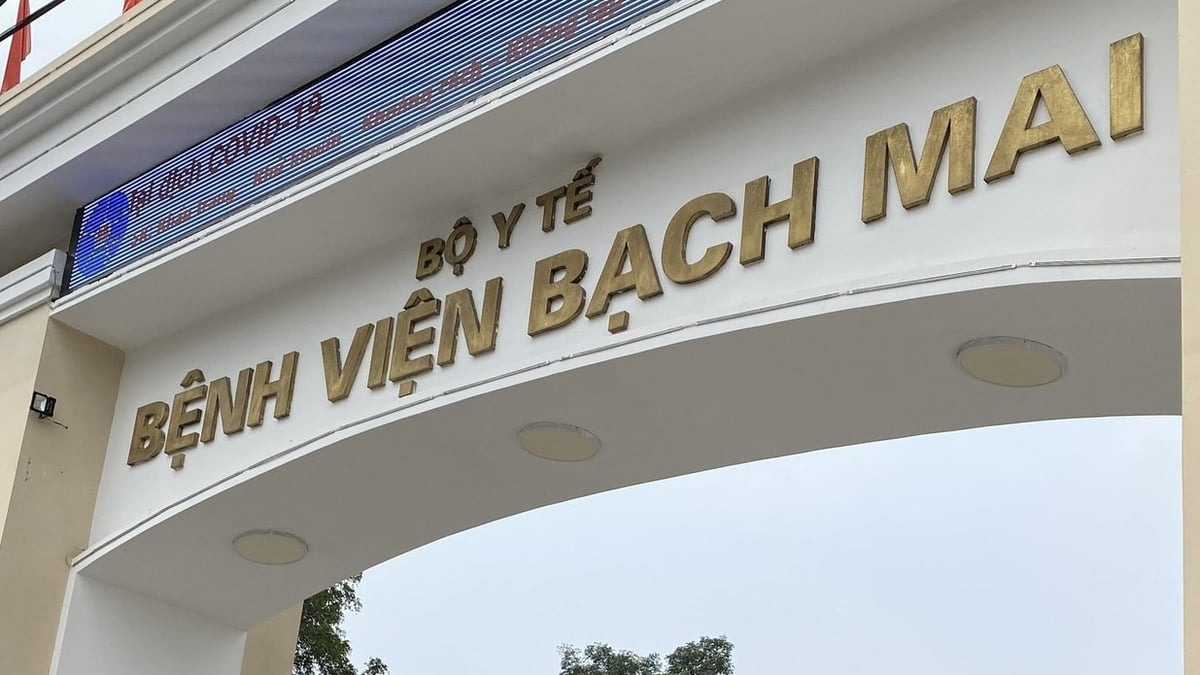
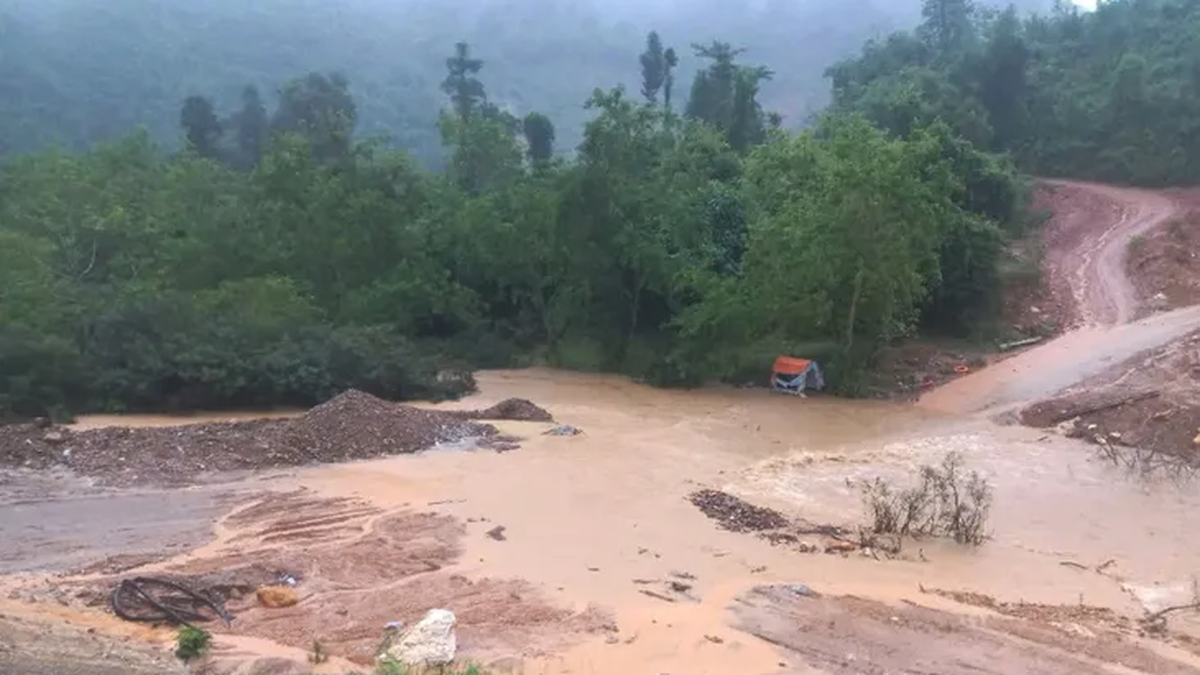
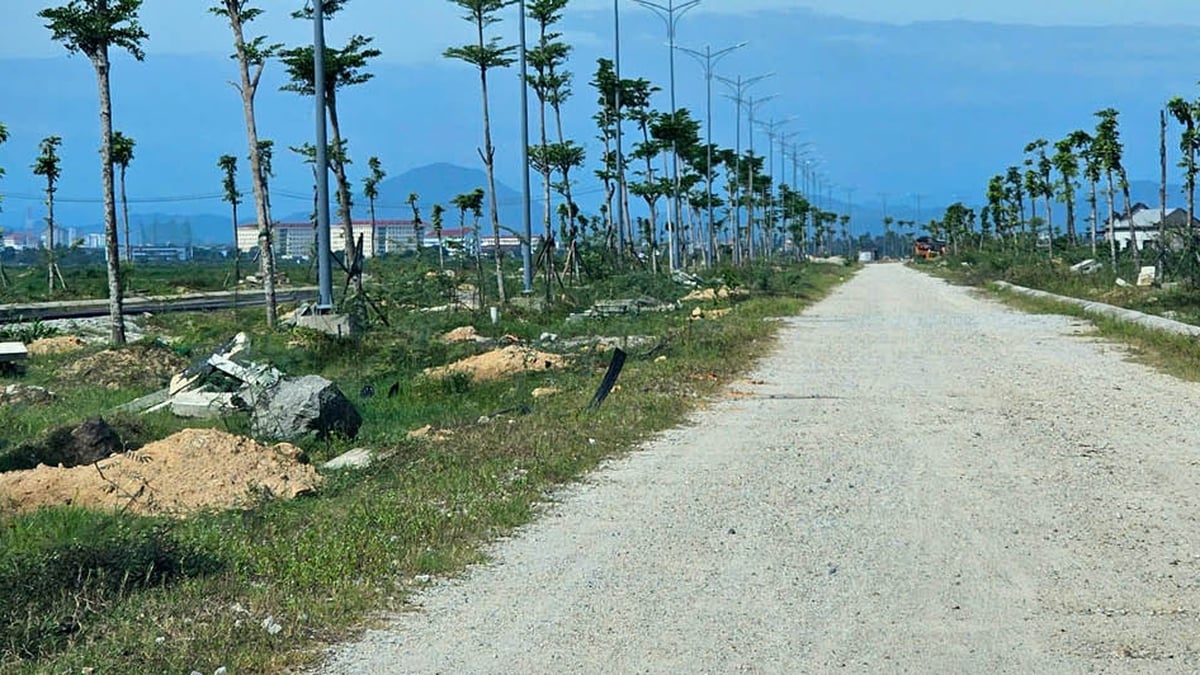
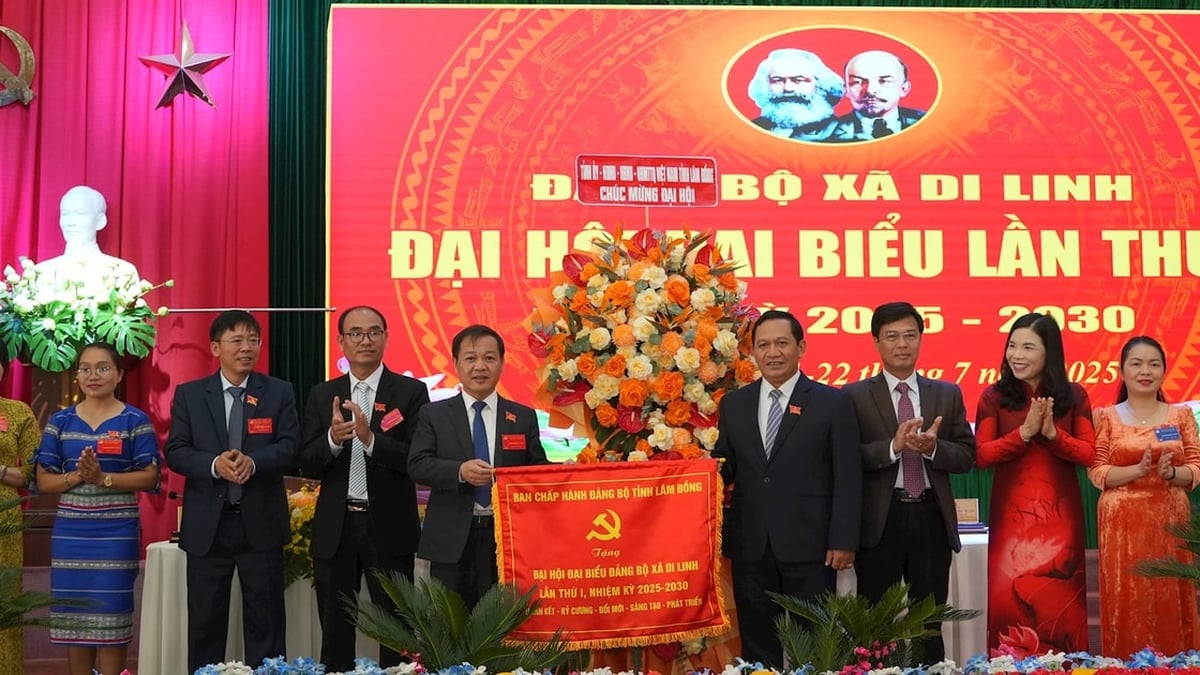

















![[Photo] National Assembly Chairman Tran Thanh Man visits Vietnamese Heroic Mother Ta Thi Tran](https://vphoto.vietnam.vn/thumb/1200x675/vietnam/resource/IMAGE/2025/7/20/765c0bd057dd44ad83ab89fe0255b783)




















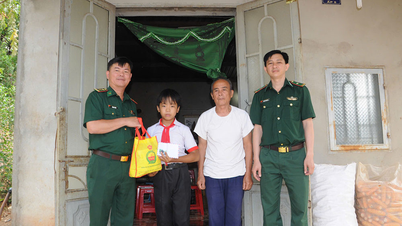













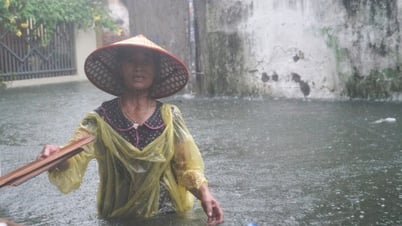
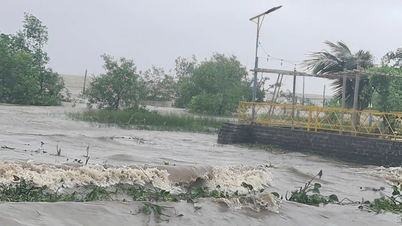


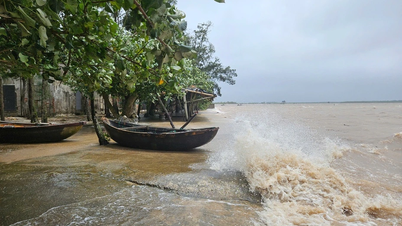

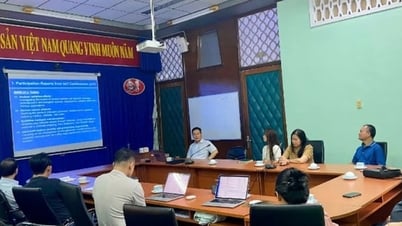




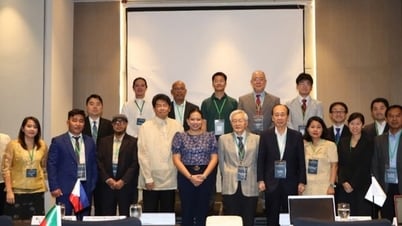
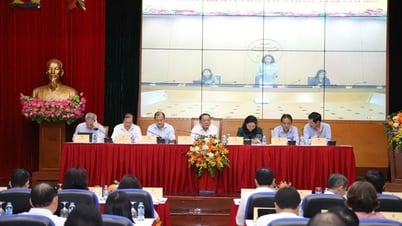
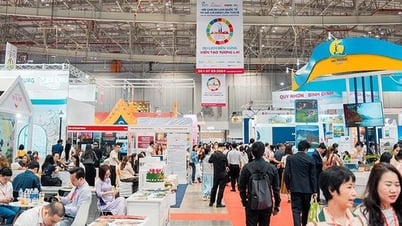
























Comment (0)